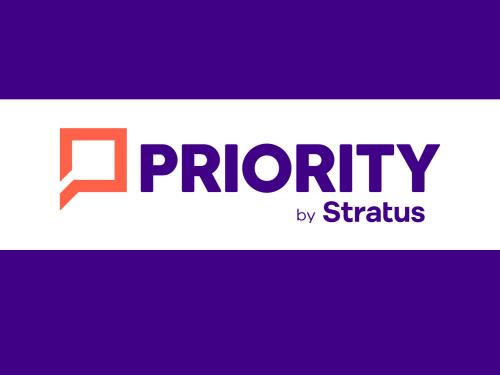Keys to Reducing Timeline for Multi-Site Rebranding Projects
A discrete, phased approach, with an emphasis on a robust diligence and planning phase, can be a game changer for managing multiple timelines and overlap.

A multi-site rebranding program should not be planned in the same fashion as a typical single-site project. Each site has to go through the same number of steps, and the timing of those steps can vary - causing execution overlap. A discrete, phased approach, with an emphasis on a robust diligence and planning phase, can be a game changer for managing multiple timelines and overlap.
If you were to wait for each “step” to complete before proceeding, a large multi-site program could take years to complete. Allowing sites to progress through their phases naturally drastically reduces the time it takes to get your new image into the market.
Below are some of the largest phases and “shortcuts” that can reduce your overall timeline.
Due Diligence
There are a number of things that need to happen prior to permitting, manufacturing or installation. During the start of a project, a diligence process should result in a branding kit of parts, confirmed material pricing, proper vendor selection, and real estate/landlord guidelines. Identifying these items early in the process across all sites will result in faster turnaround times.
Site surveys are also a critical part of the diligence process. Once all sites are identified, surveyors can visit each one to identify all required branded elements. This will ensure that there is an accurate inventory at the outset for the branding kit of of parts.
Engaging with a rebranding expert early on also allows you to receive key advice on how to setup your branding parts, what materials will work best, and other insights into executing complicated multi-site branding projects.
Approvals
Once site diligence is gathered, and a preferred kit of parts is assembled, an approval matrix is critical to ensuring timely ongoing project execution. The approval process matrix typically includes:
Client Team(s) - This can consist of a single person or group of people who will review and approve action plans.
Landlords - Assuming you are making alterations to the exterior of a building you lease, you will need to obtain landlord approval. Many permitting authorities will require their approval to process the permit application.
Permitting Offices/Regulators - All necessary permits obviously need to be obtained - and this is often the longest part of the approval process. The key to accelerating the overall approval process is to ensure all submitted documentation is accurate to advance permitting process as quickly as possible.
Execution
Once diligence and the approval phases are complete the process for each site will naturally flow right to completion. Manufacturing, Shipping, Installation, and Closeout can all happen discretely and within an acceptable asymmetric time frame. Multi-site execution can further be expedited by pre-building many components if the kit of parts is fairly standard. Further pre-building all items that don't require landlord or permitting approval can also speed up the execution phase.
However, there are things to consider that can improve this process as well. If you are using a very standard kit of parts and have multiple locations that will an item you can pre-build a portion of that product with very low risk. We have tools that help adjust those recommendations based on the risk tolerance of our clients vs time to completion of the project.
This approach to a multi-site branding process will reduce overall time to market. The best way to realize the benefits of this process is through an experienced partner who can help you navigate through the major phases and find time-saving shortcuts.



